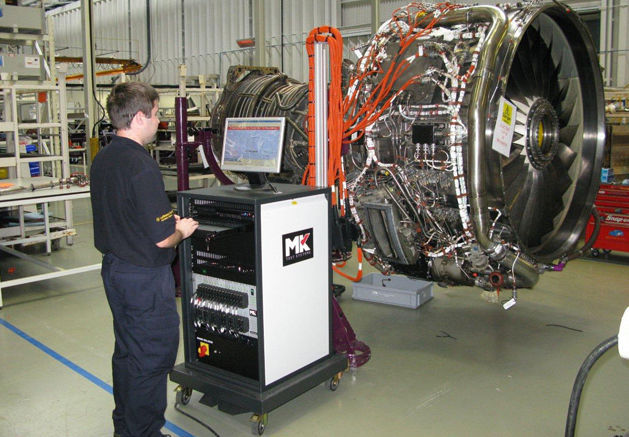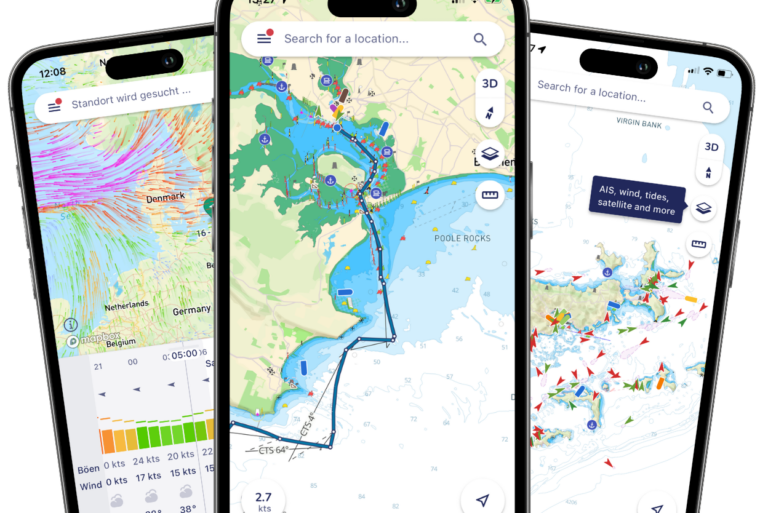Test success for Reaction Engines on journey to hydrogen-electric flight

Reaction Engines has achieved a significant milestone in Project FRESSON, the Oxford firm’s collaboration with Cranfield Aerospace Solutions to achieve zero-carbon flight.
Successful vibration and shock tests have now proven that the company’s radiator meets the requirements to operate safely, paving the way for further ground and flight testing.
This marks a ‘significant stride’, says the team at Reaction Engines, in advancing the feasibility of hydrogen-electric propulsion in aviation.
Andrew Roseman, senior systems and test engineer, said: “This period of testing is the culmination of a lot of work for the project team in the design and manufacture of the unit.
“Getting the hardware tested and showing it meets the customer requirements is a big step forward.”
Project FRESSON addresses a critical obstacle on the journey to hydrogen-electric flight – thermal management.
Launched in 2021, the initiative – funded via the Aerospace Technology Institute – aims to integrate hydrogen fuel cell technology into a nine-seater Britten Norman Islander.
Reaction Engines is currently developing a bespoke ultra-low drag heat rejection system to deliver the project’s fuel cell cooling requirements.
Titilope Aigoro, senior airworthiness and certification engineer for project partners Cranfield Aerospace Solutions, added: “We work collaboratively with Reaction Engines at every stage of the project.
“Together, we’ve guided this testing phase, witnessing firsthand the promising results that have unfolded.
“Our shared enthusiasm for these advancements drives us further toward our collective goal of achieving zero-emissions flight.”
Reaction Engines is headquartered at Culham Campus, Oxfordshire.












